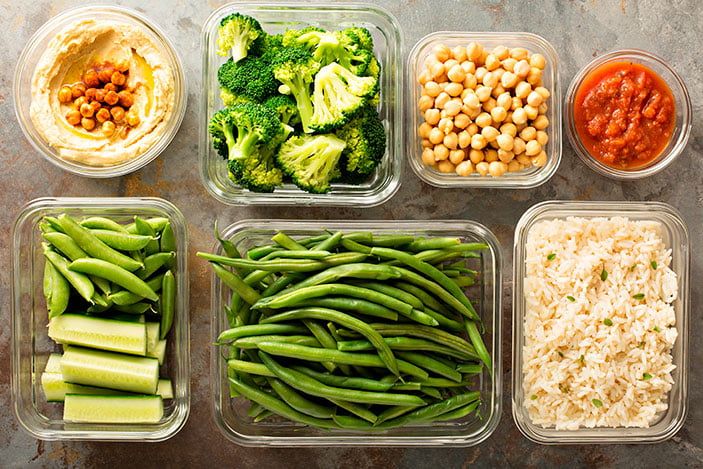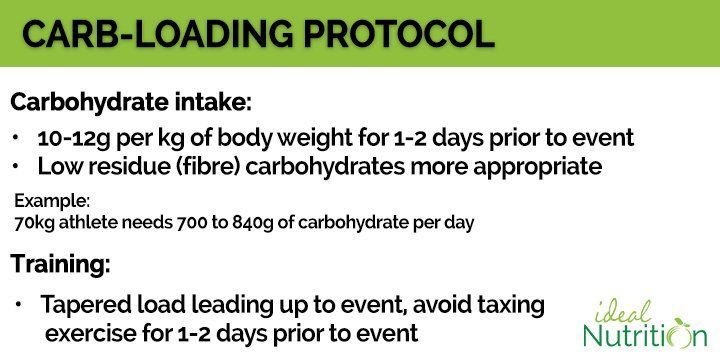The Health Benefits of Eating More Plants
In today’s fast-paced world, it can be easy to prioritize convenience over nutrition. However, incorporating more plants into your diet can have a wide range of health benefits that should not be underestimated. From reducing the risk of chronic diseases to improving digestion and promoting weight loss, adding more fruits, vegetables, nuts, seeds, and whole grains to your meals can have a profound impact on your overall well-being.
Reduced Risk of Chronic Diseases
One of the most compelling reasons to eat more plants is their ability to reduce the risk of chronic diseases. Studies have shown that a diet rich in fruits and vegetables can help lower blood pressure, reduce the risk of heart disease and stroke, and even prevent certain types of cancer. Plant-based foods are also high in antioxidants, which play a crucial role in fighting off free radicals and reducing inflammation in the body.
Improved Digestion
Eating more plants can also lead to improved digestion. Many plant-based foods are high in fiber, which helps to regulate bowel movements, prevent constipation, and promote a healthy gut microbiome. Fiber-rich foods also help to keep you feeling full and satisfied, reducing the temptation to overeat or indulge in unhealthy snacks.
Promotes Weight Loss
If you’re looking to shed a few pounds or maintain a healthy weight, eating more plants can be incredibly beneficial. Plant-based foods are typically lower in calories and saturated fats than animal products, making them a great choice for weight management. Fruits and vegetables are also high in water content, which can help you feel full and satisfied without consuming excess calories.
Boosts Energy Levels
Another benefit of eating more plants is that they can help boost your energy levels and improve your overall mood. Plant-based foods are rich in vitamins, minerals, and phytonutrients that are essential for maintaining optimal health. By fueling your body with nutrient-dense plant foods, you can experience sustained energy throughout the day and avoid the energy crashes that often come with consuming processed foods and sugary snacks.
Supports a Healthy Environment
Not only are plant-based foods good for your health, but they are also good for the planet. Producing plant-based foods typically requires less water, land, and energy than animal products, making them a more sustainable choice for the environment. By choosing to eat more plants, you can reduce your carbon footprint and help support a healthier planet for future generations.
Tips for Incorporating More Plants into Your Diet
If you’re looking to reap the health benefits of eating more plants, here are a few tips to help you incorporate them into your diet:
Start by adding more fruits and vegetables to your meals. Try to fill half of your plate with colorful produce at each meal.
Experiment with different plant-based proteins, such as beans, lentils, tofu, tempeh, and quinoa.
Incorporate nuts, seeds, and whole grains into your snacks and meals for added nutrients and fiber.
Try new recipes that feature plant-based ingredients, such as veggie stir-fries, grain bowls, and plant-based burgers.
Consider reducing your intake of animal products and replacing them with plant-based alternatives, such as plant-based milk, yogurt, and cheese.
By making small changes to your diet and incorporating more plants into your meals, you can experience a wide range of health benefits that can improve your overall well-being. Whether you’re looking to reduce your risk of chronic diseases, improve digestion, promote weight loss, boost energy levels, or support a healthy environment, eating more plants can help you achieve your health and wellness goals.
So next time you’re planning your meals, remember to prioritize plant-based foods and reap the many benefits they have to offer.


